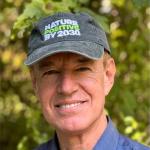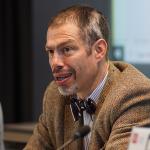In a context of tectonic shifts worldwide, sustainability faces mounting challenges but also opportunities to drive impactful change through collaboration between governments, businesses, science and civil society.
This Executive Programme will equip you with the knowledge, skills, and tools to navigate these challenges from economic, legal, social, and ecological perspectives at local, national, and global levels. With an interdisciplinary approach, the course addresses pressing issues such as food security, energy transition, environmental governance, and climate resilience. Through collective debate, participants will explore alternative pathways to a Nature-Positive Economy, ensuring sustainable prosperity remains within reach despite shifting political landscapes.
Objectives
- Understand sustainability challenges and solutions based on a solid command of the concepts, tools and theories, as well as the socio-political dynamics behind the shift to a nature-positive economy
- Participate in exclusive encounters with relevant actors of International Geneva and engage in multi-stakeholder dialogues, group challenges and interactive sessions with internal and external experts
- Develop policy solutions and practical action plans to address major and looming ecological and sustainability challenges
- Master the multifaceted dimensions of shifting toward a nature-based economy to protect and promote planetary health and shared prosperity
Who is this programme for?
This programme is particularly relevant for mid to senior level professionals from the public and private sector, civil society and philanthropists working or wanting to bring positive impact in the fields of:
- Environmental governance and policy-making
- Corporate responsibility
- Sustainable finance and development
- Biodiversity conservation
- Climate and disaster risks
- Energy transition
- Natural resources management
Related SDGs



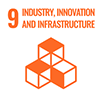
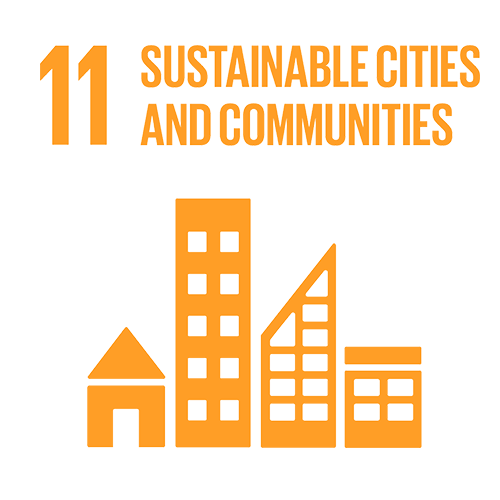




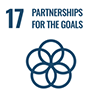
Module 1
Nature-Positive Fundamentals - In person
- Command the concepts, theories, tools and metrics in harnessing nature for sustainable futures
- Address the challenges: global and local governance, market incentives and regulation, environmental and climate diplomacy, preventive and remedial policy-making, risks and opportunities associated with the commodification of nature
- Lead in sustainability: contextualised to the specific realities encountered in industrialised and developing countries, democracies and autocracies
Module 2
The Geopolitics of Sustainability - Online
- Dive into the geopolitics of energy transition, with a focus on strategic resources
- Develop system thinking to address systems change in trade, food and agriculture, urbanisation, transport and water
- Develop action plans toward nature-positive production and consumption
Module 3
Nature-Positive Finance - Online
- Leverage finance to accelerate the transition toward a nature-positive economy
- Address environmental and social externalities, putting nature on the balance sheet
- Integrate innovative financial models to drive nature based solutions
Module 4
Tech and Social Innovation for Sustainable Futures - In person
- Explore the promise and applicability of tech and social innovation to tackle climate change, environmental degradation and biodiversity loss
- Design a business plan leveraging technology, finance and social innovation toward sustainable, shared prosperity
- Selection is primarily based on the candidate's professional experience and motivation
- A bachelor's degree is required, or a degree/diploma deemed to be equivalent (no particular discipline required)
- A minimum of five years of full-time work for the Executive Certificate and eight years for the Executive Diploma is highly recommended. Participants typically range between 30 and 50 years of age
- Proficiency in English is required
Executive Certificate in Nature-Positive Economy and Geopolitics
Certificate of Advanced Studies (15 ECTS)
This programme counts towards the Executive Master in International Relations.
- Start the application process by clicking on the red "Apply now" button (available when applications are open)
- Provide a copy of your certifications and diplomas
- The admissions committee will then evaluate your application and come back to you in the following two weeks
For any questions related to payment, financial assistance, changes in programmes, prices, and conditions of withdrawal, please visit our Terms & Conditions page
The programme offers a mix of in-person and online modules:
- Modules 1 and 4 are face-to-face in Geneva
- Modules 2 and 3 are delivered in a live virtual classroom
Classes start at 9 am and finish at 5:45 pm (adjustments are possible).
Upcoming events
Subscribe to our newsletter





